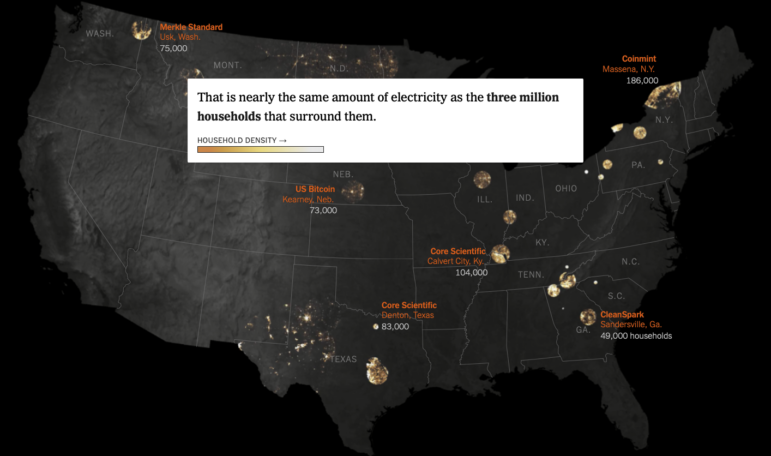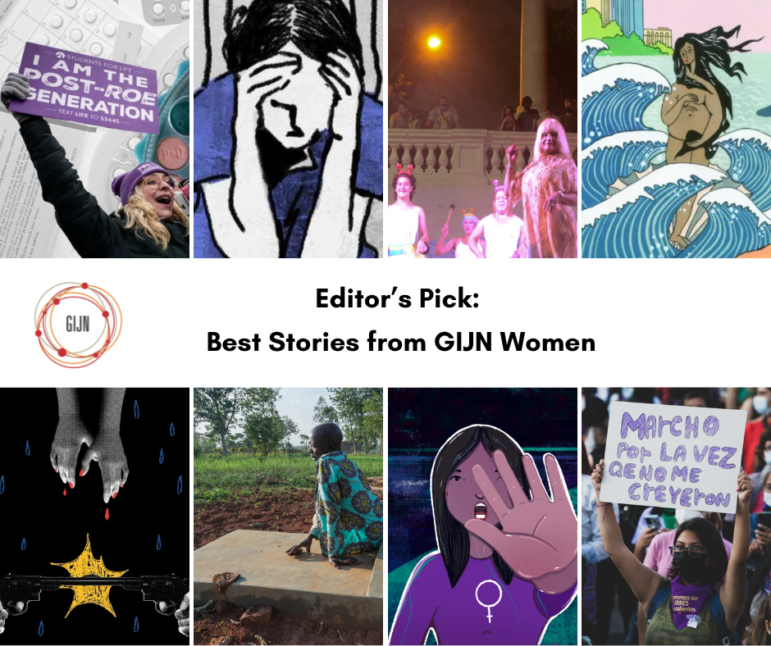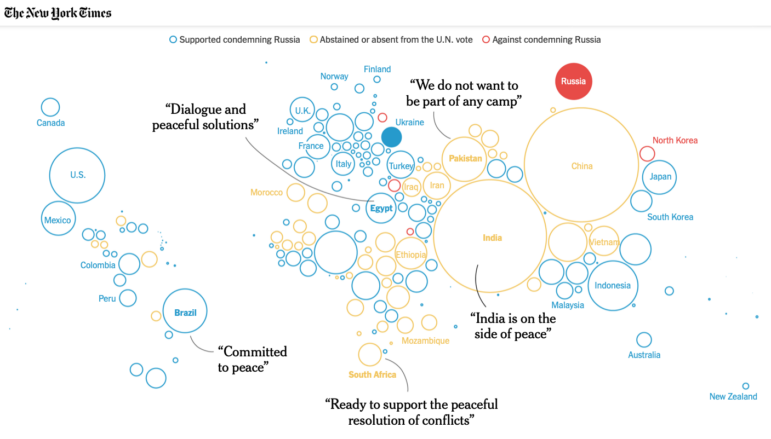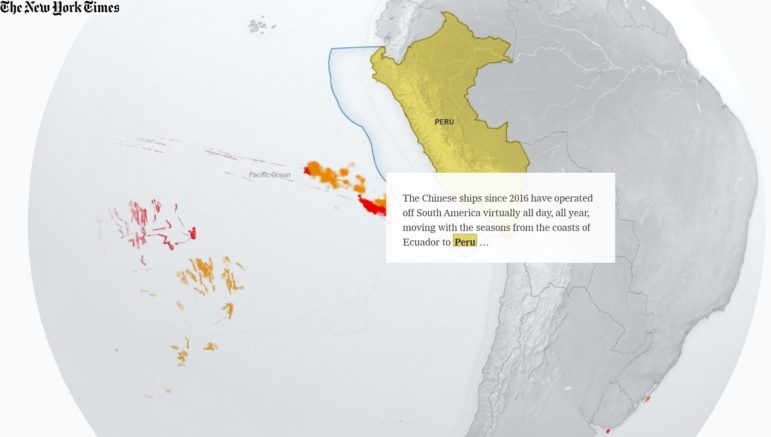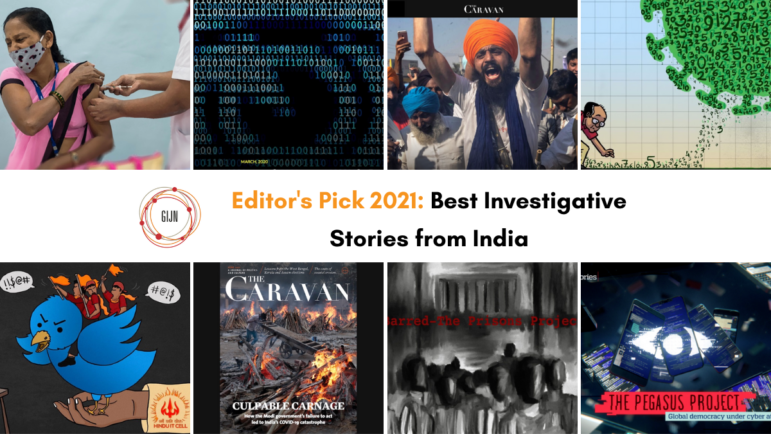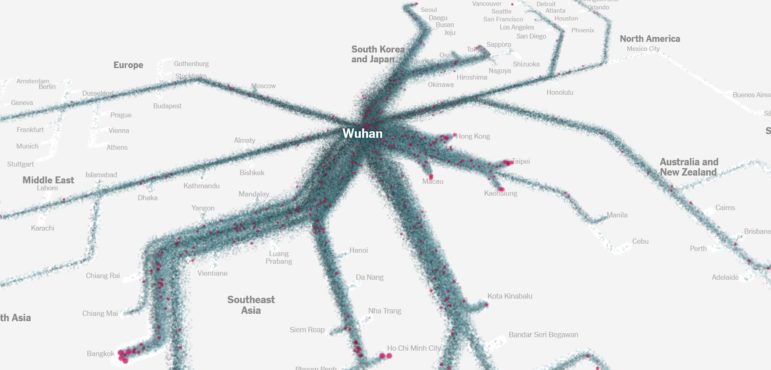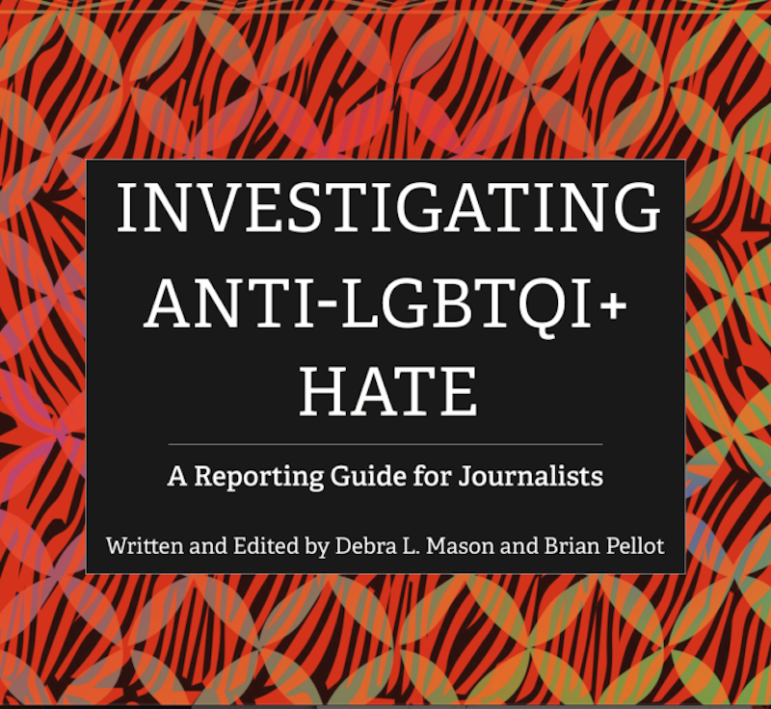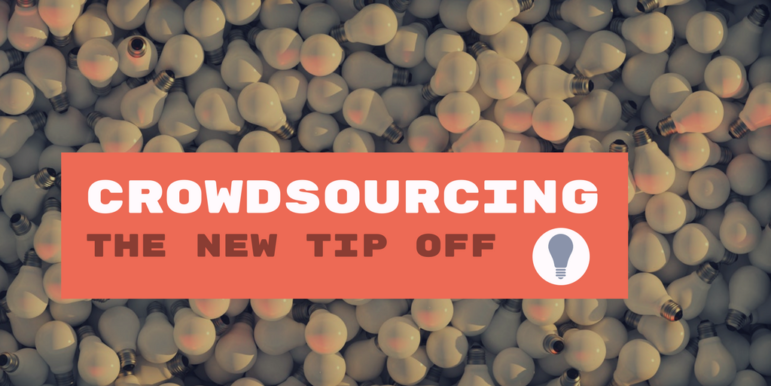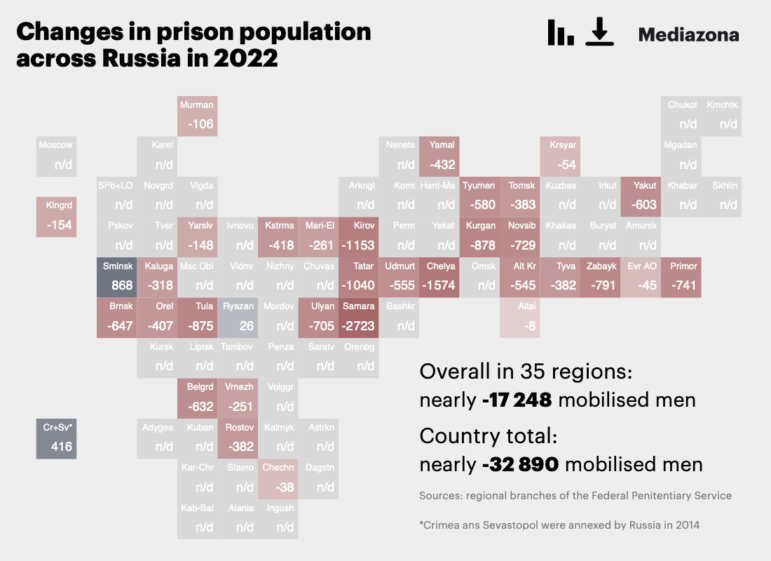
Data Journalism Data Journalism Top 10
Data Journalism Top 10: US Anti-Trans Bills, Russia’s Convict-Conscripts, French Same-Sex Marriages, and Less Snowy Alps
This week’s data journalism roundup digs into the wave of legislation across the US targeting trans rights, Russia’s prison-to-front lines pipeline, French same-sex marriages 10 years after legalization, and the dearth of snow across the Alps this past winter.

